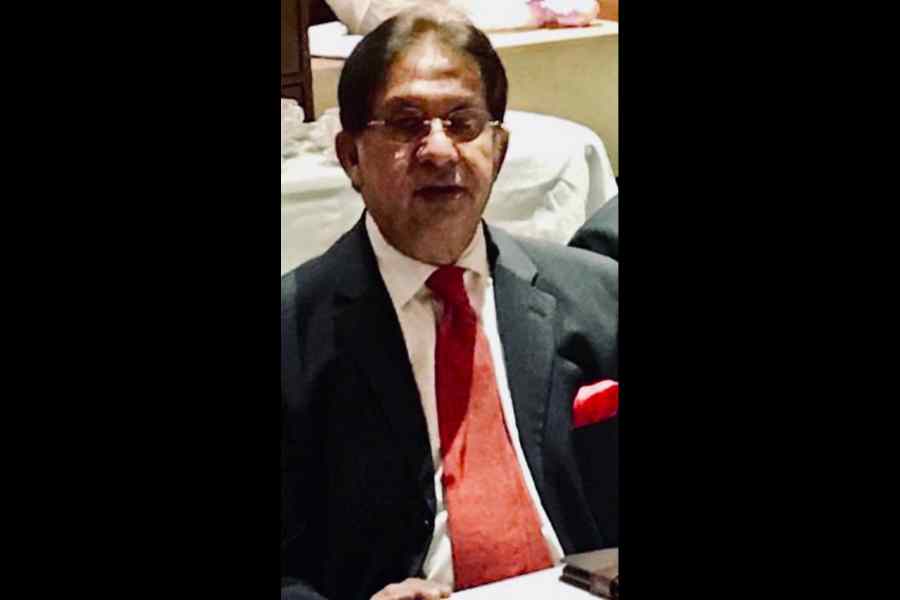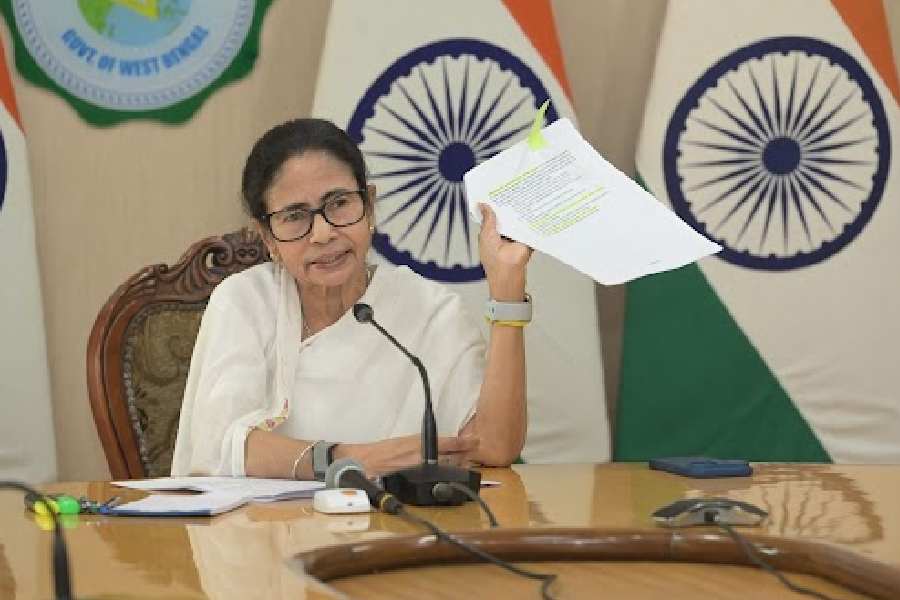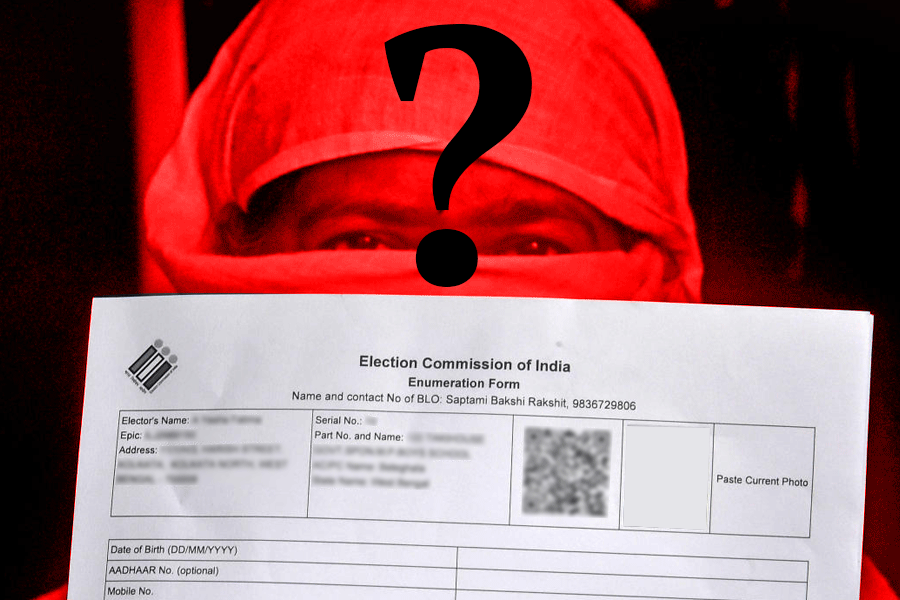Shamser Mobin Chowdhury, former Bangladesh foreign secretary who had also been the ambassador to the US and Germany, spoke to The Telegraph after Prime Minister Sheikh Hasina resigned and Bangladesh was pushed to the brink of political uncertainty.
Q: Street protests, coups, failed coups and sudden regime change are not new in Bangladesh. Did the country witness anything like this before?
Chowdhury: This was not a military coup per se. The army was made to step in. They spoke to the Prime Minister and conveyed that they could not defend her anymore, which resulted in her resignation.
Something similar had happened to H.M. Ershad on December 6, 1990, when the army generals told him to step down.
Q: Can the uprising against Ershad be equated with what happened to Hasina?
Chowdhury: One cannot forget two key differences between December 1990 and August 2024.
First, the movement against Ershad was championed by two main political leaders in the country — Awami League’s Sheikh Hasina and BNP’s Khaleda Zia. This time, the students led the movement.
Second, Ershad was not forced to leave the country and he even contested the general elections held in February 1991. This time, an elected Prime Minister had to flee the country and the air force facilitated her exit.
Q: Did you expect that the Hasina government would crumble like this?
Chowdhury: The general mood in the country was, something has to happen. But frankly, I could sense only this morning that something like this would happen.
Q: Some images from Dhaka depict a sense of relief among the people. Wasn’t Hasina liked by the people?
Chowdhury: Her government fell due to the pent up anger. Look at the way she handled the quota protests in which at least 300 people were killed. She antagonised lakhs of people, who lost their near and dear ones, with her insensitive comments. Even when she agreed to talk to the protesters, she said, if they want, I am willing to sit with them. This is arrogance.
Her dismissive attitude towards anything and everything — including her senior cabinet colleagues — led to her fall. One person cannot run the government of 170 million people.
Q: An interim government will replace the Awami League regime. Do you think it will result in a return to normalcy?
Chowdhury: I don’t think it will happen overnight. More than 300 lives were lost. I don’t know how these wounds can be healed.
Besides, the interim government is likely to be a mixture of progressive and non-progressive forces.
So, I am not sure how smooth the transition would be.
Q: What would be the biggest challenge facing the interim government:
Chowdhury: Maintaining stability and order in the society.










